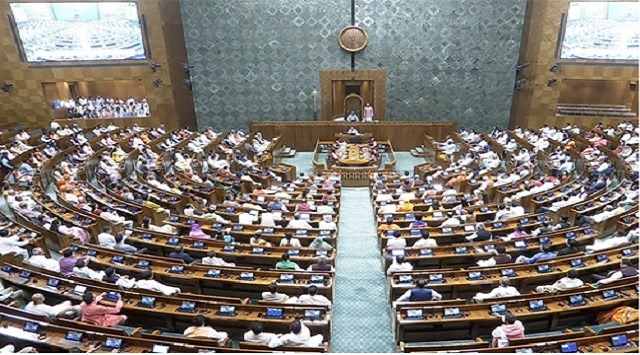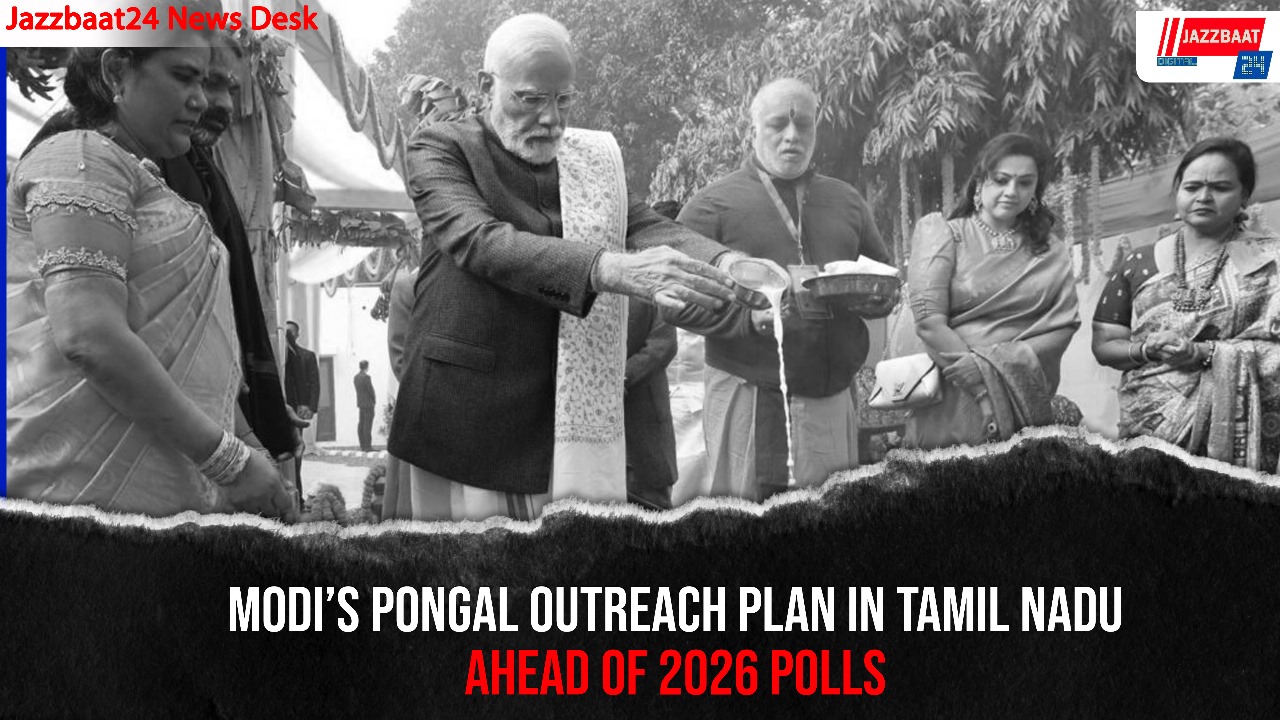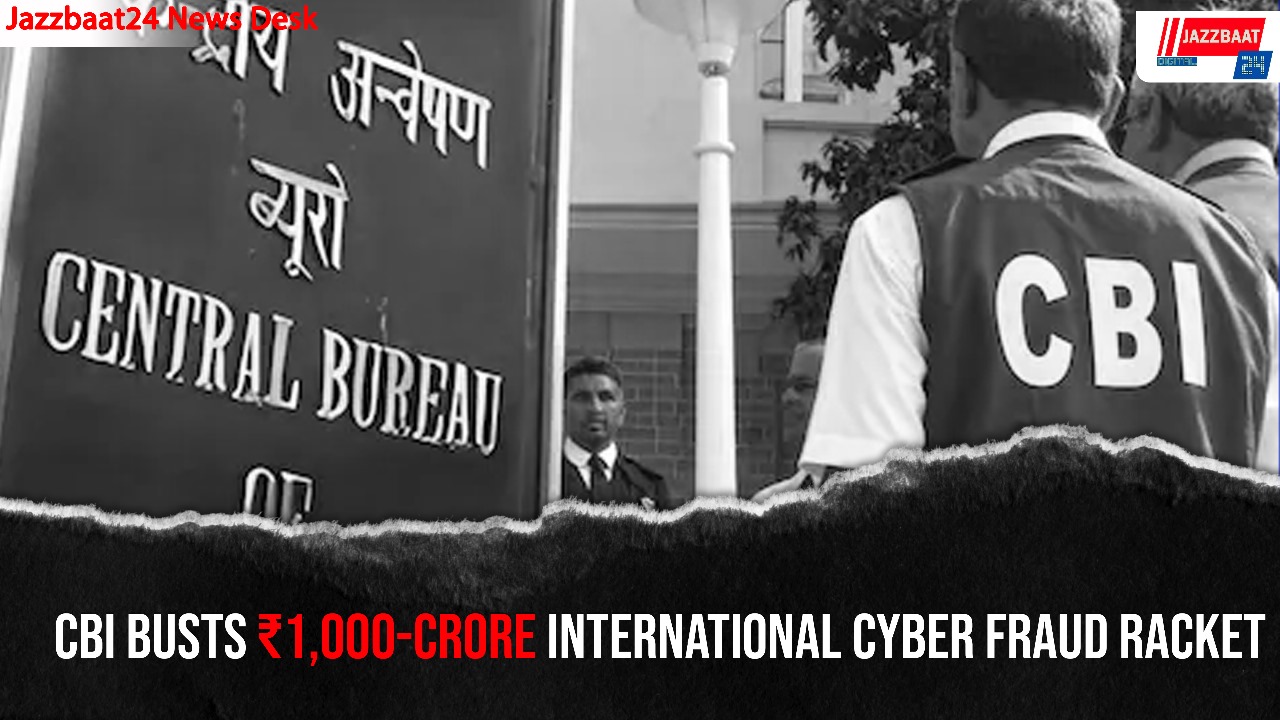3 april,2025
The Waqf Amendment Bill 2025 was passed by the Lok Sabha on Thursday following an extended and heated debate. The bill was opposed by members of the INDIA bloc, while the BJP and its allies voted in favor of it, stating that it would enhance transparency and efficiency in the Waqf board.
The bill was passed after the opposition's suggested amendments were turned down. The House sat beyond midnight to complete the legislation.
Parliamentary Affairs Minister Kiren Rijiju replied to the debate. Speaker Om Birla then said that the House will now take up item number 12 on the list - The Waqf (Amendment) Bill, 2025. He inquired whether the bill is to be taken up for discussion and ordered that the lobbies be cleared.
Rahul Gandhi condemned the Waqf (Amendment) Bill as a bill to isolate Muslims.
The controversial Waqf (Amendment) Bill was introduced in the Lok Sabha amidst political differences. Railway Minister Vaishnaw added that local food would be available on additional trains. The Waqf Amendment Bill was read for consideration and passage, and another version was to be moved later.
Following the vote, the Speaker declared the results: "Subject to correction, Ayes 288, Noes 232. The majority supports the proposal."
The members of the INDIA alliance had agreed on voting against the bill, and they did so. They had also demanded a division on some amendments, but one amendment was voted down by 231 votes to 238 against it.
The government amended the bill as per recommendations of the Joint Parliamentary Committee, which had examined the legislation originally introduced in August last year.
In his reply during the debate, Rijiju attacked the opposition parties for labeling the Waqf Amendment Bill "unconstitutional." He said that the legislation regarding Waqf property has existed for decades and has never been struck down by the courts, and therefore such allegations should be made with caution.
The 'Mussalman Wakf (Repeal) Bill, 2024' was also passed in the Lok Sabha following a debate that went on for almost 12 hours.
Rijiju added that once the bill has been passed, the majority of poor Muslims will thank Prime Minister Narendra Modi. The House debated the bill late into the night.
"Millions of poor Muslims will thank PM Modi for this bill," he said.
He brushed aside the opposition's accusations that the bill is "anti-Muslim," and said that some members do not want to accept the truth even after Home Minister Amit Shah clarified everything.
"I thank all the leaders for giving their comments about the bill. It is being termed unconstitutional by some, and I would like to inquire how they can do that. If it were against the Constitution, the court would have rejected it. We should not use words like 'unconstitutional' so lightly. The bill is constitutional according to the Constitution, as opposed to what the opposition is doing. We must be cautious with words like 'constitutional' and 'unconstitutional,'"' he stated.
Amit Shah stated that the opposition is using the fear of minorities to gain votes. He emphasized that the government will not interfere with Muslim religious practices or trusts. He also said that only Muslim members of the Waqf Board will be involved in donation activities, and non-Muslim members will not participate in religious activities within the Board or its centers. Yet, anyone of any religion can act as the Charity Commissioner, whose responsibility is to see that the board works in accordance with charity legislation. It is an administrative, not religious, position, said the Home Minister.
He also added that the Waqf Board's primary task should be to detect those who sell Waqf properties and oust them. The opposition is willing to preserve their corrupt activities of their reign, but it will not be the case anymore.
Amit Shah noted that if the Waqf law had not been amended in 2013, there would have been no necessity for this new bill. He clarified that the 2013 Waqf law was amended in a hurry for political motives, and as a result, 123 significant properties in Delhi were transferred to Waqf.
The Home Minister emphasized that the Waqf Bill was carefully examined by the Joint Parliamentary Committee. He pointed out that the committee held 38 meetings, spent 113 hours discussing the bill, consulted with 284 interested parties, and reviewed about one crore online submissions from all over the country. He claimed that this detailed process ensured the law was well-developed and difficult to easily reject.
In the debate, BJP MP Jagdambika Pal, who was chairing the JPC, described it as one of the most important pieces of legislation in the third term of Modi.
The bill had been introduced before for consideration and ratification in the House by Rijiju. It proposes to modify the 1995 Act to make the management and administration of waqf properties in India better, strengthening the weaknesses of the earlier act, making Waqf boards more efficient, making the process of registration easier, and promoting greater use of technology for maintaining waqf records.





